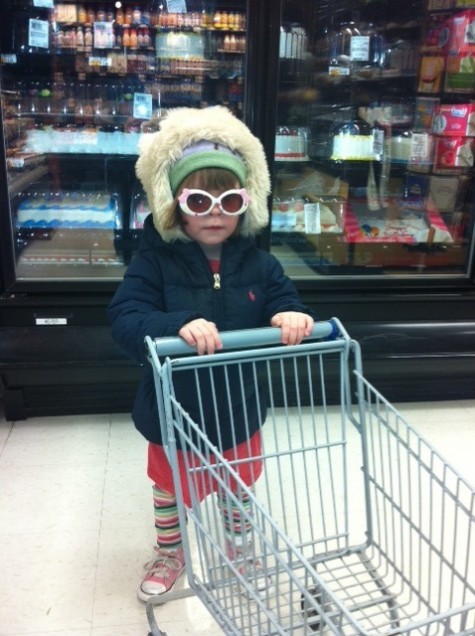Current Projects
Current & Recent Studies
The Slides & Ladders Game
Young children recognize that people do not always have the same opportunities. We study how experiencing social disadvantage (having fewer opportunities than a peer) influences children’s thinking and motivation. In this study, 4- to 7-year-olds play a game in which their character has either fewer or the same opportunities as a peer to move forward. After the game, children complete tasks that measure their attention, emotions, motivation, and beliefs about fairness. This research helps us understand how early experiences of unequal opportunity shape children’s thoughts and behavior, and how children react to experiences of social disadvantage.
What’s the best way to decide?

Children often encounter situations where there simply isn’t enough to go around. In these moments, how do children choose between different ways of allocating limited resources? In this study, 5- to 8-year-olds hear stories about different kingdoms where a scarce resource is being allocated to one of two people either using a 50/50 spinner, or a guiding rule, like giving the resource to the person with greater need, who would benefit the most, the person who arrived first, etc. We examine which principles children prefer over a simple egalitarian approach and how they think authority figures would make these decisions. This research helps explain how a mature sense of fairness develops and how children evaluate decisions made by those in power when resources are limited.
The Push-Pull Game (funded by the John Templeton Foundation)
Although forgiveness is important for healthy social development, little is known about how it develops in childhood. In addition, it is rarely studied in live interactions, limiting our ability to identify underlying psychological mechanisms. This project will address these gaps by using a game-theoretic task, the Repeated Prisoner’s Dilemma designed for children (C-RPD). Children will play this strategic task with different peers, and will then answer questions about how they played the game. We are particularly interested in how children react when their partner does not cooperate with them.
The Shaker Game
 Parents and teachers are quite familiar with the phrase “that’s not fair!” This simple statement shows that children know there are norms of fairness, and that they know that they can appeal to those norms to achieve a desired outcome. We have developed a novel experiment to study how children react to situations of resource inequality—for example, when a peer gets more or less candy than you. We are currently using this paradigm to explore the variables that affect children’s view of what is fair, and we are investigating the development of fairness norms in different countries. Click here to participate!
Parents and teachers are quite familiar with the phrase “that’s not fair!” This simple statement shows that children know there are norms of fairness, and that they know that they can appeal to those norms to achieve a desired outcome. We have developed a novel experiment to study how children react to situations of resource inequality—for example, when a peer gets more or less candy than you. We are currently using this paradigm to explore the variables that affect children’s view of what is fair, and we are investigating the development of fairness norms in different countries. Click here to participate!
Property and Ownership

Another exclamation often heard during play groups is “that’s mine!” Children clearly have possessive tendencies for toys, but by preschool they begin to recognize the property rights of others. To do this, they must identify when ownership exists and understand what rules apply to property in different situations. These processes are not simple—even lawyers struggle with these issues! We study how children learn about private property and how this affects their behavior.
Structural Mindsets
Prior studies have shown that the way that children approach challenges can change depending on the reason they attribute to a person’s success in completing a task. In this study, we are investigating how different explanations of success change how children think about a new game.
Children (4-7 years old) will hear conflicting opinions about success from two puppets and then choose which one they agree with. Then, children will be taught how to play a new shape-matching puzzle game and answer a few questions about what they think about the game and how it made them feel. Then, a researcher will give one of a set of explanations as to why some kids tend to do very well at the game, while others may not. Children will then play one more round of the game and answer another set of questions about their experiences.
New Projects
We are always coming up with new project ideas but we need motivated students to take the lead and develop hypotheses and experiments! Our research draws on many approaches: game theory and behavioral economics, evolutionary developmental models, moral development and cognition. But we are always interested in extending our research into new territories (infants, neurobiology, etc.). Potential students and collaborators are welcome to contact us to brainstorm!


